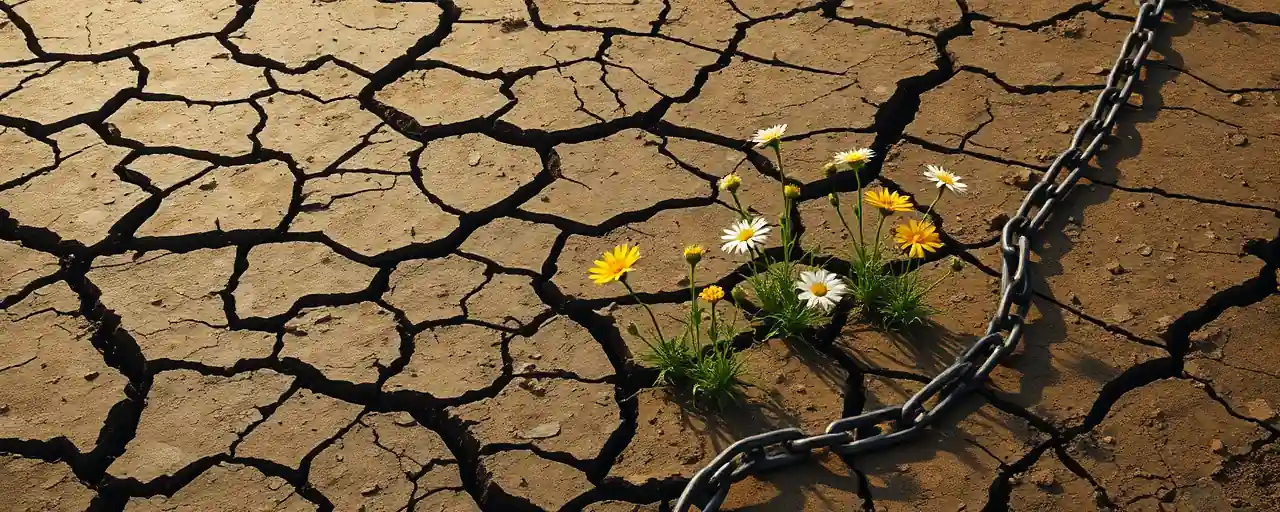A Nation Under Siege
Ecuador, once a haven of relative calm in Latin America, now grapples with a relentless wave of violence. Drug cartels, emboldened by global demand, have turned its ports into bustling hubs for cocaine destined for the United States and Europe. President Daniel Noboa’s reelection on April 13, 2025, was a cry from a weary nation, desperate for safety. Yet, his iron-fisted approach, lauded in some quarters, carries a heavy cost that demands scrutiny.
Noboa’s campaign leaned hard on security, promising to crush gangs with military might. Voters, battered by a homicide rate that soared to 47 per 100,000 in 2023, handed him a mandate. But the applause for his victory drowns out a quieter truth: militarization alone cannot heal a nation frayed by inequality, corruption, and neglect. The path forward requires more than boots on the ground.
Advocates for human rights are sounding alarms, and their warnings resonate. The stakes are high, not just for Ecuadorians but for the United States, a key partner in this fight. As both nations deepen their ties, the question looms: are we backing a strategy that sacrifices justice for fleeting control?
The Cost of the Crackdown
Noboa’s declaration of an internal armed conflict in 2024 unleashed a torrent of military operations. The Security Bloc initiative, a police-military juggernaut, swept through high-risk areas, netting 65,000 arrests and an 18% drop in homicides last year. Supporters point to these numbers as proof of progress. Yet, the raw data hides a grim reality: 6,986 murders in 2024 made it Ecuador’s second-deadliest year, and January 2025 alone saw 781 lives lost.
Human rights groups have documented troubling patterns. Allegations of extrajudicial killings and arbitrary detentions swirl around the militarized campaign. Labeling gangs like Los Choneros as terrorists may rally public support, but it risks casting a wide net, ensnaring innocents alongside criminals. The rush to restore order glosses over the deeper rot—corruption in state institutions and poverty that fuels gang recruitment.
The United States, pouring over $93 million into Ecuador’s security apparatus, bears responsibility too. Patrol boats and intelligence sharing bolster Noboa’s efforts, but they also tie America to a strategy that prioritizes force over reform. Critics of this approach, including international observers, argue it entrenches a cycle of violence, leaving root causes untouched. A different vision—one that invests in communities, not just cages—is urgently needed.
Some defend Noboa’s tactics, claiming tough measures are the only way to dismantle cartels. They point to record cocaine seizures as evidence of success. But seizures alone don’t disrupt the trade; they merely shift routes and embolden rivals. The drug war’s history, littered with pyrrhic victories, teaches us this lesson time and again. Clinging to enforcement as a cure ignores the demand driving the crisis, much of it from markets north of the border.
Ecuador’s prisons, overcrowded and chaotic, tell another story of failure. Gangs run entire cellblocks, and militarized sweeps have done little to loosen their grip. Pouring resources into incarceration while neglecting rehabilitation and economic opportunity is a recipe for stagnation. True security demands a broader lens, one that sees beyond the barrel of a gun.
A Partnership at a Crossroads
The US-Ecuador partnership, cemented by Noboa’s alignment with American interests, is a cornerstone of his strategy. Joint operations and equipment donations signal trust, but they also raise questions about priorities. The United States-Ecuador Partnership Act of 2022 promised a balanced approach—security, yes, but also democracy and prosperity. Yet, the scales tip heavily toward enforcement, with less focus on the social investments that could stabilize Ecuador long-term.
Migration, a symptom of Ecuador’s turmoil, underscores the stakes. In 2024, 95,000 Ecuadorians fled north, many landing at the US border, driven by violence and despair. American policies, now leaning toward mass deportations, risk compounding their plight. Expedited removals and detention expansions offer no refuge for those escaping cartel threats. A humane alternative, like the family reunification program launched in 2023, deserves renewed commitment, not abandonment.
Noboa’s openness to US troops and bases, a sharp break from past skepticism, alarms those who value sovereignty. The specter of foreign boots on Ecuadorian soil stirs memories of interventions that prioritized geopolitical gain over local needs. A partnership that respects Ecuador’s agency while addressing shared threats is possible, but it requires America to listen, not dictate.
Voices advocating for a less confrontational path, like those of Luisa González’s supporters in the 2025 election, aren’t naive. Their call for jobs and dialogue isn’t a surrender to gangs but a recognition that violence thrives in desperation. Dismissing them as soft on crime misses the point: prevention outlasts punishment. The US could amplify these ideas, redirecting aid toward education and opportunity, not just arsenals.
A Better Way Forward
Ecuador’s crisis demands courage, not just force. Noboa’s reelection offers a chance to pivot, to blend security with solutions that tackle inequality and rebuild trust. The United States, as a partner, can nudge this shift, investing in programs that empower communities and weaken the cartels’ hold. It’s not about ceding ground but about building a foundation that endures.
The path isn’t easy, but history favors those who dare to rethink. Ecuadorians deserve a future where safety doesn’t come at the cost of freedom, and America’s role should be to lift that vision, not chain it to a failing playbook. A nation on the edge can still find its way back, if we choose justice over expediency.
